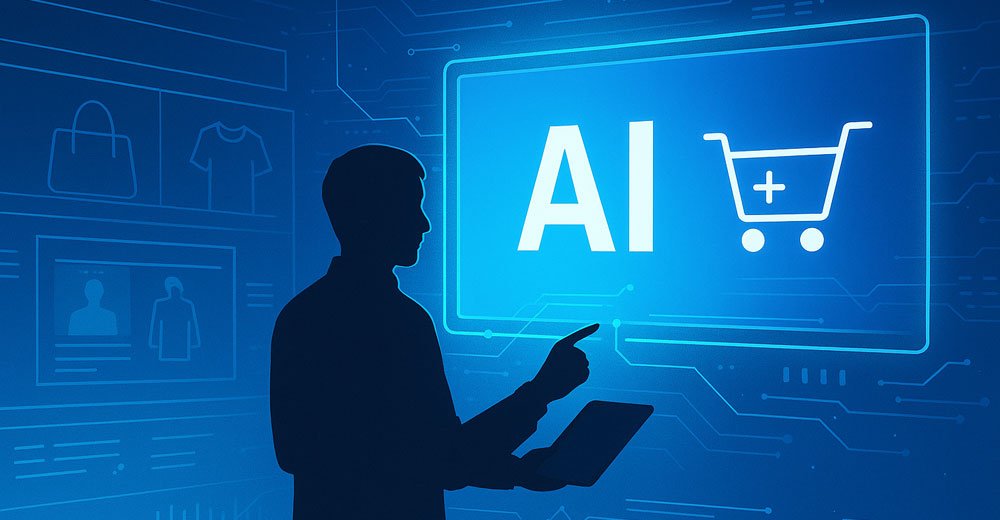With AI agents expected to account for 20% or more of e-commerce traffic in the next five years, digital merchants face a new wave of risks and opportunities. To help e-commerce businesses meet those risks and capitalize on those opportunities, Forter, based in New York City, rolled out some new features for its trust platform on Tuesday.
Those features include:
- Enhanced AI agent detection, which uses advanced AI models to distinguish between different types of AI agents;
- AI-driven browsing identification, which strengthens detection of AI-assisted shopping, including browsing activity referred from AI agents, chatbots, and other tools;
- An agentic dashboard to visualize all agentic activity detected on a merchant’s site; and
- Publication of anonymized insights on agentic behavior across the Forter global network, offering industry-wide intelligence on emerging trends.
These new features arrive at a critical moment in e-commerce, Forter said in a statement. Immediately after the debut of ChatGPT agent, Forter recorded an 18,510% day-over-day increase in agentic traffic across its network, signaling a dramatic shift in how bots, assistants, and autonomous agents interact with merchants.
This new era of AI, it continued, with product research, discovery, and transactions, both assisted by and delegated to AI agents, poses new complexity for merchants that legacy approaches to digital engagement, identity management, and fraud prevention will fail to solve and potentially create significant friction for consumers and risks for the brands themselves.
AI Agents Challenge Brand Influence
“Agentic AI will accelerate e-commerce writ large,” said Eli Clemens, a policy analyst with the Information Technology and Innovation Foundation (ITIF), a research and public policy organization in Washington, D.C.
“This will happen first by streamlining the consumer experience, by automating much of the processes of searching for, selecting, and purchasing a given product,” he told the E-Commerce Times. “However, that acceleration will put pressure on the entire retail stack, especially logistics and procurement, which will need to evolve in parallel to match more autonomous digital commerce.”
“Just as companies developed lean and just-in-time manufacturing models in response to technological changes, retailers may need to develop new models to stay competitive as agentic AI diffuses into e-commerce,” he predicted.
Daniel Keller, CEO and co-founder of InFlux Technologies, a decentralized cloud services company, pointed out that, for retailers, agentic AI means a loss of engagement from human shoppers and a potential increase in online sales.



